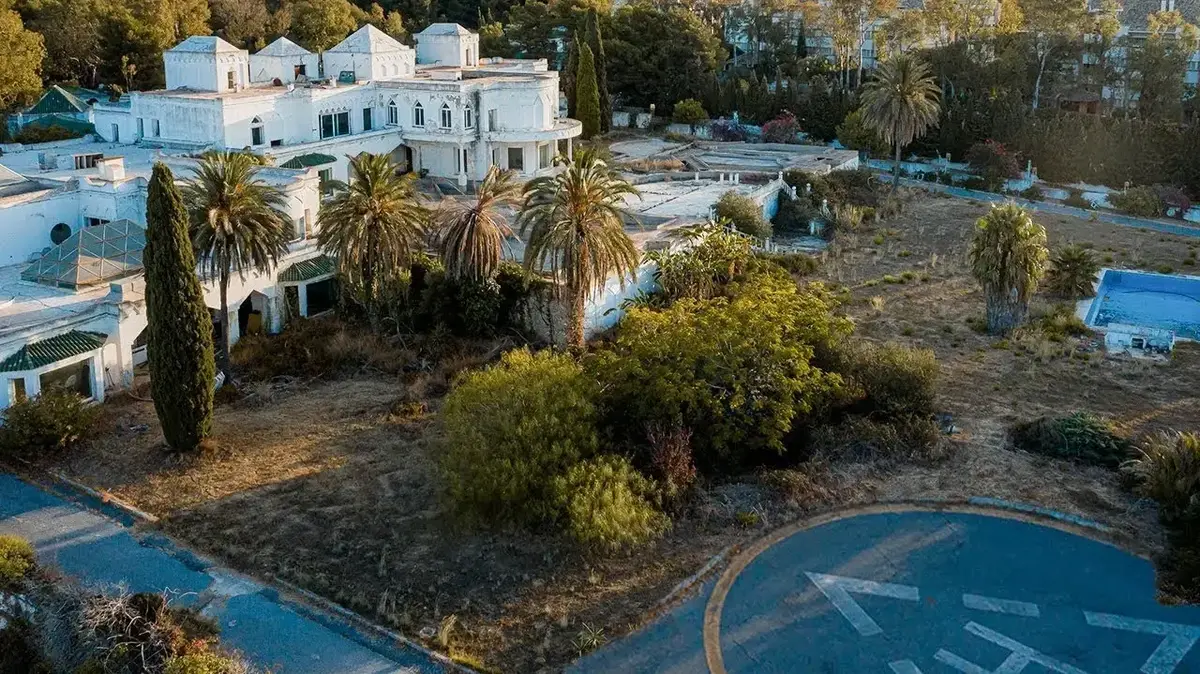Enlarge image
New on the list of Unesco biosphere reserves: the Saudi Arabian Farasan Islands
Photo: ERIC MASON / AP
The UN science and culture organization Unesco recognized 20 new biosphere reserves in 21 countries on Wednesday.
For the first time, the responsible coordination council included areas in Lesotho, Libya and Saudi Arabia in the list at its meeting in the Nigerian capital Abuja.
Other protected areas approved this year are located in Canada, France, Italy, Russia and Spain, among others.
In Lesotho, the
Matseng reserve
,
also known as the "
Kingdom of
Heaven" according to Unesco
, is home to rare birds.
In Libya, the
Aschaafean reserve was
added, where there are threatened hyenas and tortoises.
Finally, the
Saudi Arabian
Farasan Islands are
home to rare gazelles as well as various sea birds, marine life and reptiles.
The
Mura-Drava-Danube Reserve
, which is
also recognized,
extends over five countries: Austria, Croatia, Hungary, Serbia and Slovenia.
In the Caribbean, part of the island of
Martinique
is now a
protected reserve.
It includes the Mount Pelée volcano and a large stretch of coast.
In Canada, the mountainous coastal region on
Howe Sound is
one of the protected regions. The waters have long been considered overfished and exploited, but for 30 years Canada has made great efforts to give nature space again. Glass sponge reefs have been found off the coast that were thought to have long been extinct.
New biosphere reserves are designated every year to promote sustainable development and support nature conservation.
Unesco defines it as follows: »Biosphere reserves represent a paradigm shift: nature conservation with and through people.
They provide a framework for long-term sustainability processes and thus keep a landscape ›viable‹.
They are a seal of quality for tourists, they stand for new income and employment opportunities as well as for identity and pride in a region in a global network. "
Biosphere reserves are nominated by the national governments.
There are now 727 recognized reserves in 131 countries, which in total cover almost five percent of the world.
In Germany, 16 areas are recognized as biosphere reserves;
they cover around three percent of the total area in Germany.
They range from the Berchtesgadender Land (840 square kilometers, the northern limestone Alps) through the Palatinate Forest-Northern Vosges (3018 square kilometers, dense forests, sandstone formations) to the Schleswig-Holstein Wadden Sea (4431 square kilometers, mud flats and the Halligen).
These regions are often very popular as holiday and excursion destinations, so sustainable tourism is of central importance as an economic factor.
You can find an overview of all German biosphere reserves here.
Incidentally, five reserves in Gabon, Bulgaria, Romania and Russia were removed from the list this year.
According to Unesco, they either no longer met the criteria or the governments had asked for them to be deleted.
oka / AFP








